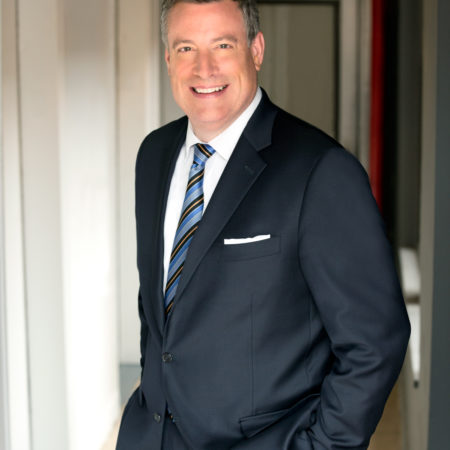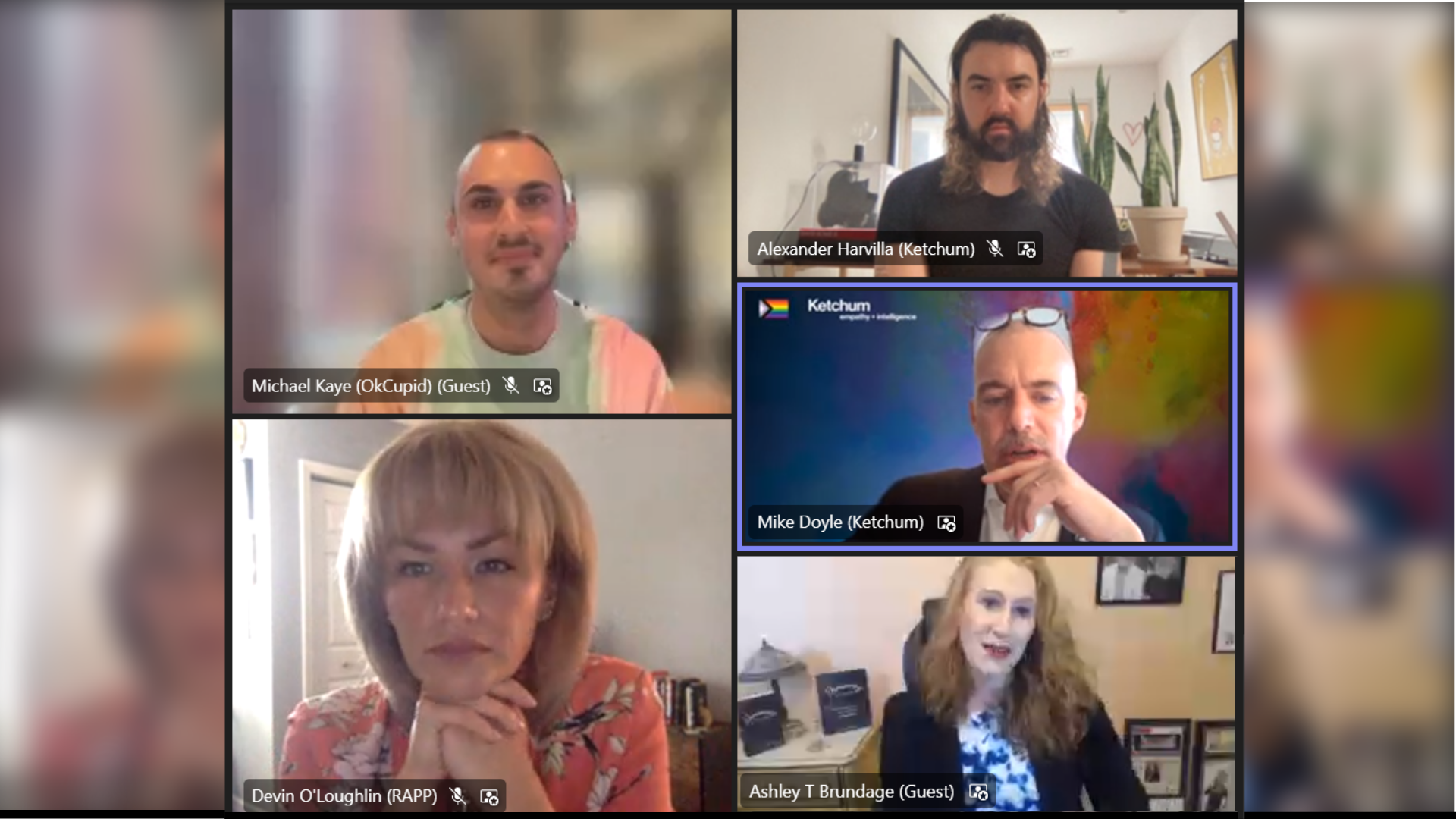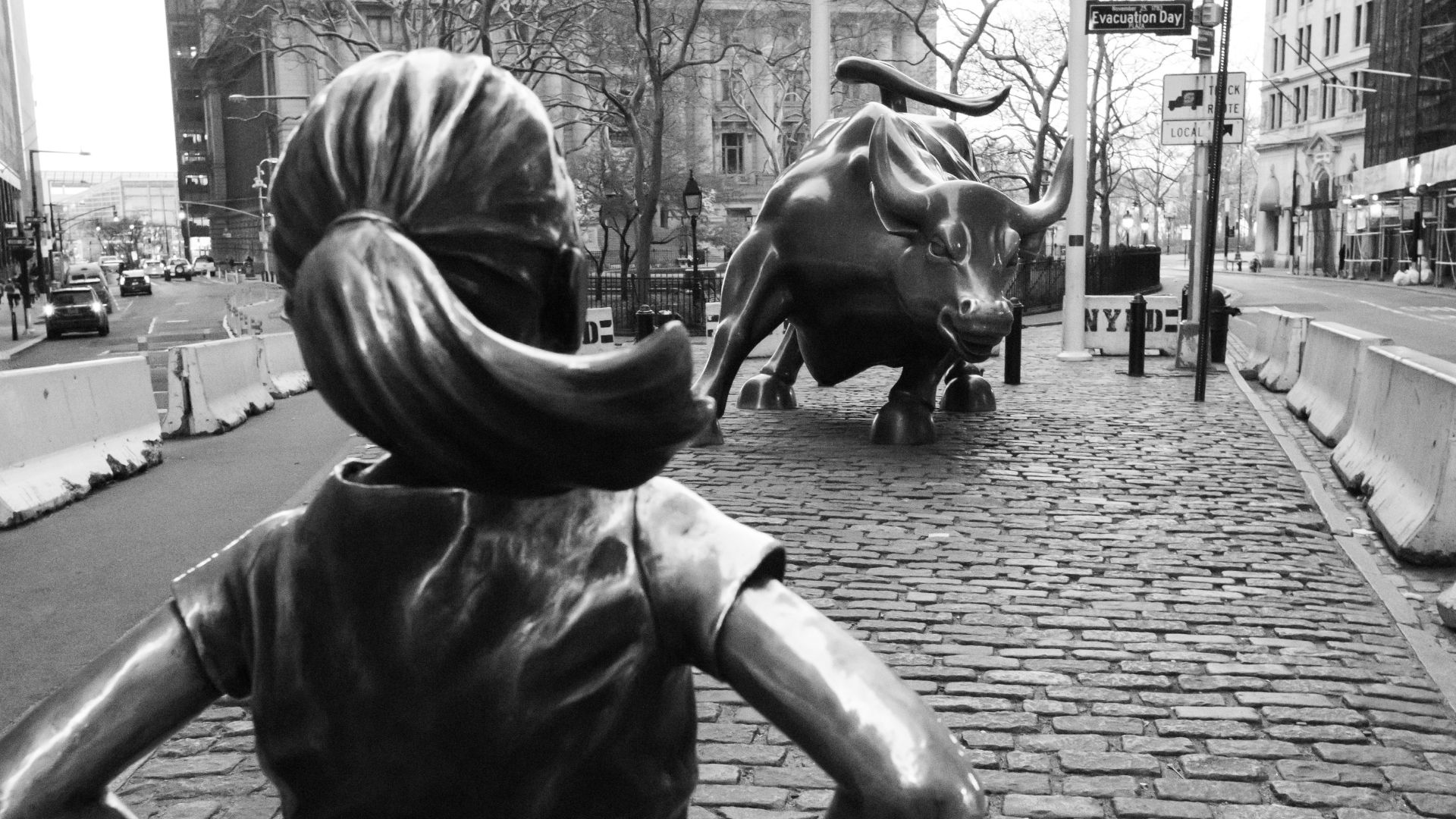As I approach retirement in three weeks, I think about the progress the public relations field has made in 40 years. Four decades ago, our industry had already branched out from a singular focus on media relations, but it was still dominated by media relations — specifically, relations between our clients and mass media. We were the savvy conduit to the powerful gatekeeper (the reporter, editor, producer).

That role evolved fundamentally as mass media fragmented and social media and social platforms became the dominant channel. As one media critic said, “What happens to the role of the gatekeeper in the absence of a fence?” For us, what happens to a business model built around the gatekeeper?
A top story in a national media outlet is still a prized possession in our field, but even more prized is a recommendation from a friend — times millions of recommendations to millions of friends. The definition of news went from stories curated by a centralized media brand to “something important enough to find me.”
And Ketchum, along with most other agencies and in-house teams, adapted to this new context — this new opportunity — rather brilliantly.
We all also deepened our role as counselors, advising at the C-suite level on marketing strategy, corporate reputation, public policy, workplace culture and much more. More recently the rise of influencer marketing and our ability to harness data to much more accurately attribute our impact on an individual’s customer journey has created exciting new ways to deliver value to our clients.
Yet.
I think we still have not yet reached our full potential or the greatest definition of our purpose. On a good day, we, as counselors, should be sensors of social change, helping our clients see around corners and anticipate that change. We can and should stir the conscience of the corporation to do the right thing. Lately I’ve thought that PR, rather stand for public relations, should have been short for public responsibility. What responsibility does a brand or company have to the public? We should be mediators — working in between the corporation and the changing expectations of the public, providing meaningful advice on how to close the gap.
It’s interesting to me that our field makes millions off of crisis preparedness and crisis management. Why isn’t more of our business focused on crisis prevention? A case in point: At Ketchum we have helped dozens of universities respond to a firestorm of criticism following reports of sexual assault by athletes or others on campus. It’s heart-wrenching work. Several years ago, we were so frustrated to only be brought in after the tragedies had happened that we formed an alliance with an organization called Culture of Respect that has a multi-dimensional framework to change the culture at a university to prevent or reduce the incidence of sexual assault before it happens. We have introduced them to many institutions and joined them in joint speeches in front of university administrators. We need more of that. To use an analogy from healthcare, we need more prevention and wellness rather than just treatment of illnesses after they happen.
Thinking even more broadly, while I’m thrilled we’re all playing a significant role helping client organizations to implement much overdue actions to address systemic racism and bias, discrimination toward the LGBTQ+ community and gender inequity, where were we before those movements erupted into the global consciousness? Where were we — Ketchum and the rest of us — before #MeToo, #BlackLivesMatter, #PrideMonth? Were we driving change or helping after change was underway?
We are now entering a new era in the definition of the role and purpose of the corporation — from shareholder capitalism focused solely on delivering profit to investors to stakeholder capitalism focused on delivering longer-term, more sustainable value to all stakeholders (employees, communities, customers, investors and the planet). This movement came from the bottom — activists, employees, communities — and the top — Larry Fink at BlackRock, the Business Roundtable and others. It’s as fundamental as recasting the relationship between the corporation and society. We are now helping many in the C-suite to respond. But most of us weren’t conceiving or driving that change. Think about that.
If we are sensors of social change, and we help to stir the conscience of the corporation, is it too high of a bar to expect us to be an early warning system and a central architect and catalyst of the movements that prompt change? I think not. I hope not.
As much progress as we have made, I see even greater horizons ahead. I didn’t manage to make it all happen in my time. So I say with humility: Over to you, next generation.



